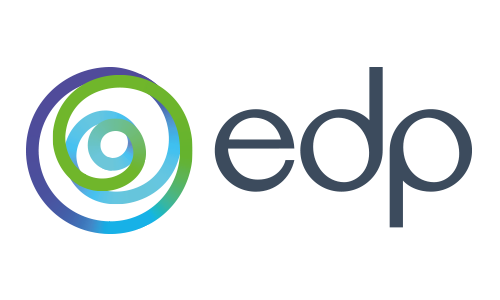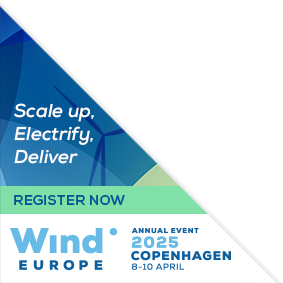Posters
Siblings:
ProceedingsProgrammeSpeakersPostersContent PartnersPowering the FutureMarkets TheatreResearch & Innovation in actionStudent programmePresenters dashboardCome meet the poster presenters to ask them questions and discuss their work
We would like to invite you to come and see the posters at our upcoming conference. The posters will showcase a diverse range of research topics, and will give delegates an opportunity to engage with the authors and learn more about their work. Whether you are a seasoned researcher or simply curious about the latest developments in your field, we believe that the posters will offer something of interest to everyone. So please join us at the conference and take advantage of this opportunity to learn and engage with your peers in the academic community. We look forward to seeing you there!
PO295: Condition monitoring: Balancing cost, quality, and automation to reduce LCOE.
Benjamin Bhabra, Product Owner, Onyx Insight
Abstract
Condition Monitoring Systems (CMS) can be used to detect component issues in turbines before they lead to failure. This can reduce the Operation and Maintenance (O&M) spend across fleets, ultimately bringing down LCOE. As the wind industry scales to larger fleets, with larger turbines, the engineering limits of these turbines are tested. There are also increasing numbers of ageing turbines, sometimes beyond the original design life. This leads to pressure on the CMS as failure rates are increasing and more turbines are present, the CMS must be of high quality and increasingly efficient to use. CMS has been in use within wind for several years and so existing data can be used to evaluate their impact on reducing LCOE. We can present a data-driven study on a multi-brand, hardware agnostic CMS dataset to evaluate the cost spend on CMS systems and the cost saving. This involves objectively determining the outcome of each alarm evaluation by ONYX over the past 2 years and then assigning an estimated cost to each. In the talk, we explore the challenges faced by CMS systems, specifically around False Positive alarms, where a user may be notified of an issue where the component is actually healthy, and False Negative classifications where the CMS incorrectly believes a damaged component to be healthy. From this we aggregate the largest cost and further analyse the factors that lead to these costs. It is noted that False Negative classifications are catastrophic and expensive but due to their rare nature, they may not be experienced by all operators unless a dataset of sufficient sample size is used. We will also present an objective evaluation on the performance of CMS systems and provide recommendations to the industry for their adoption and future development, to allow monitoring at scale without compromising quality.










